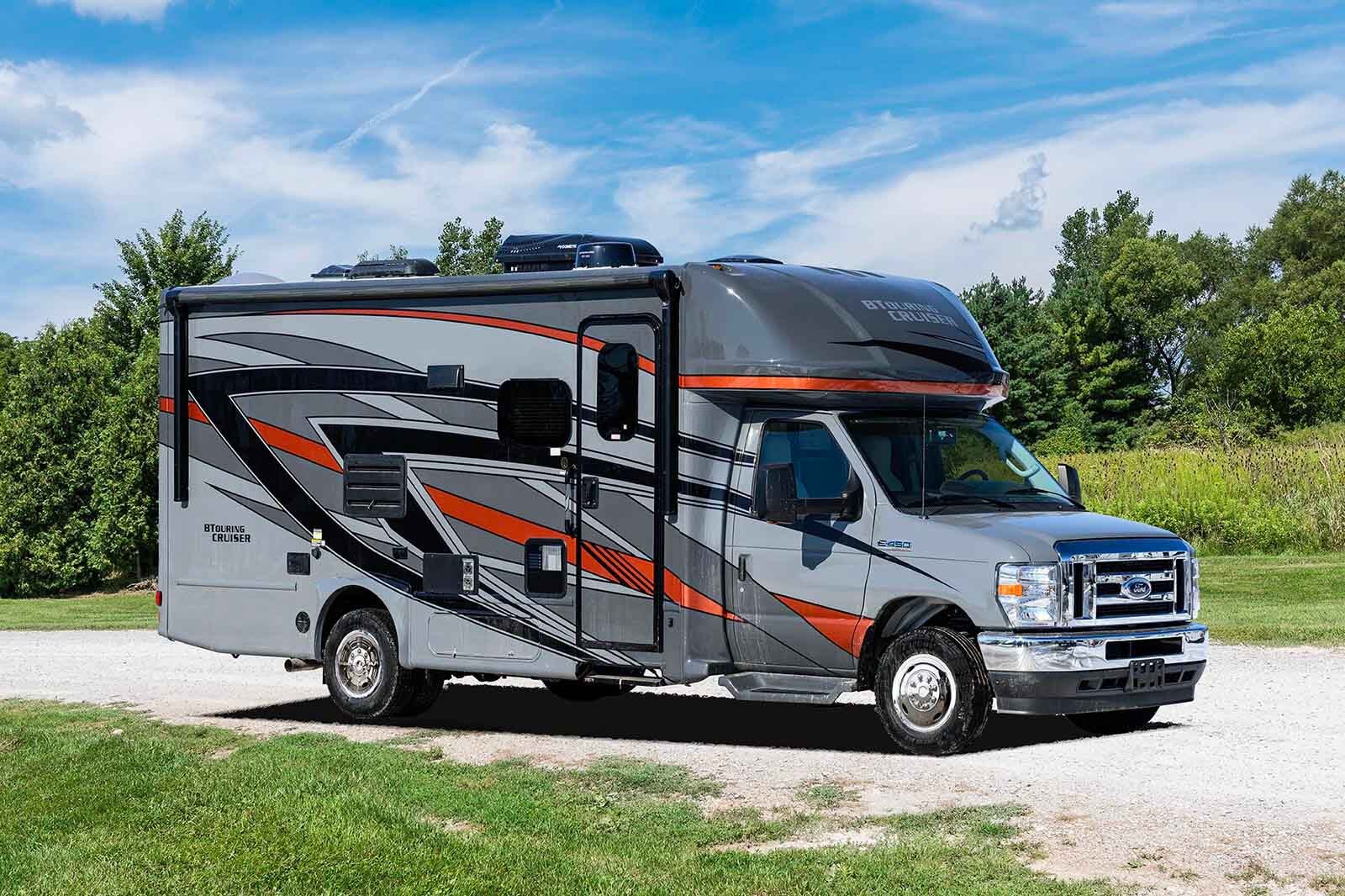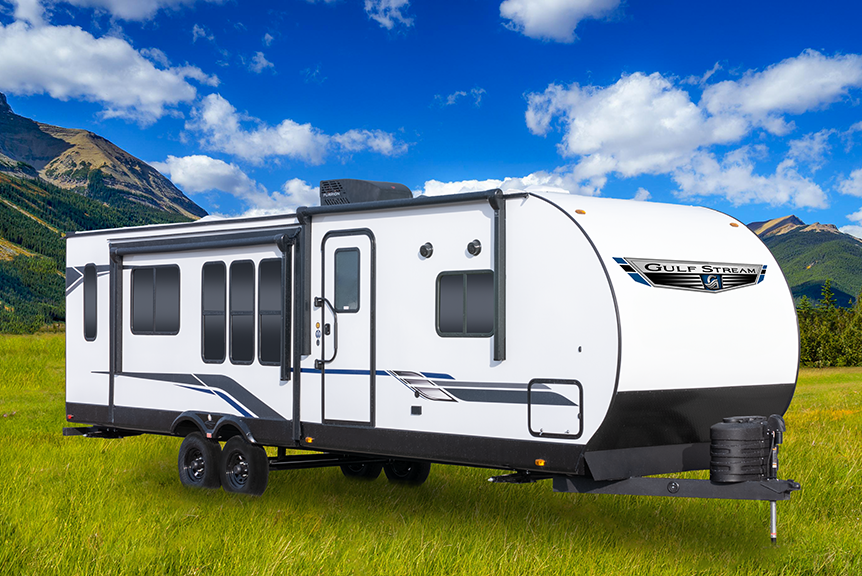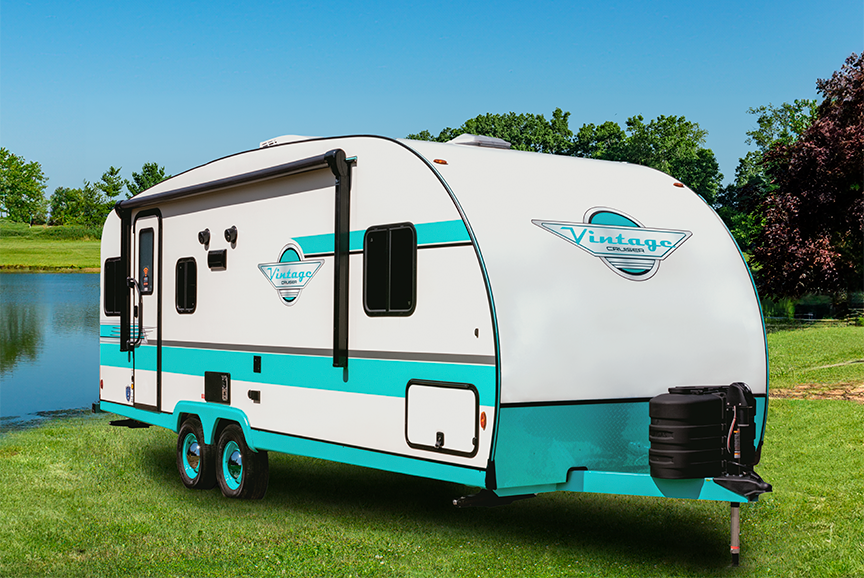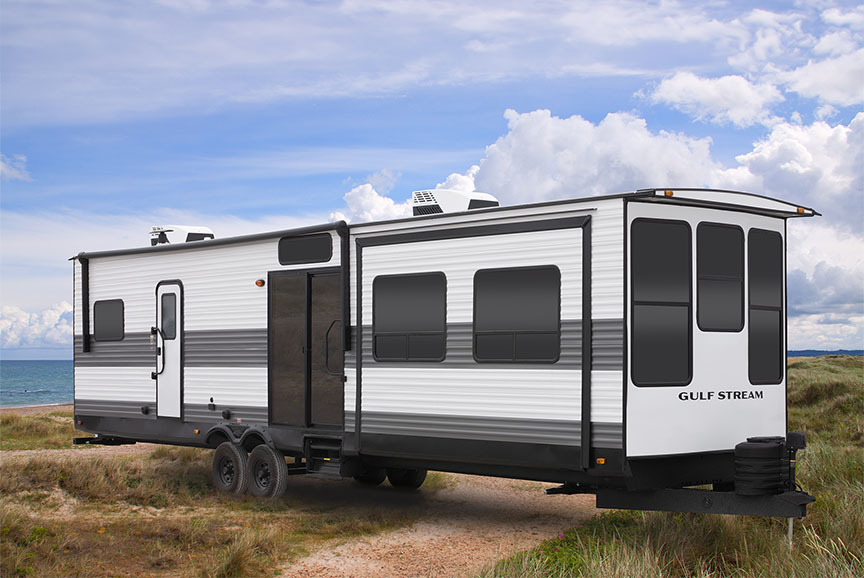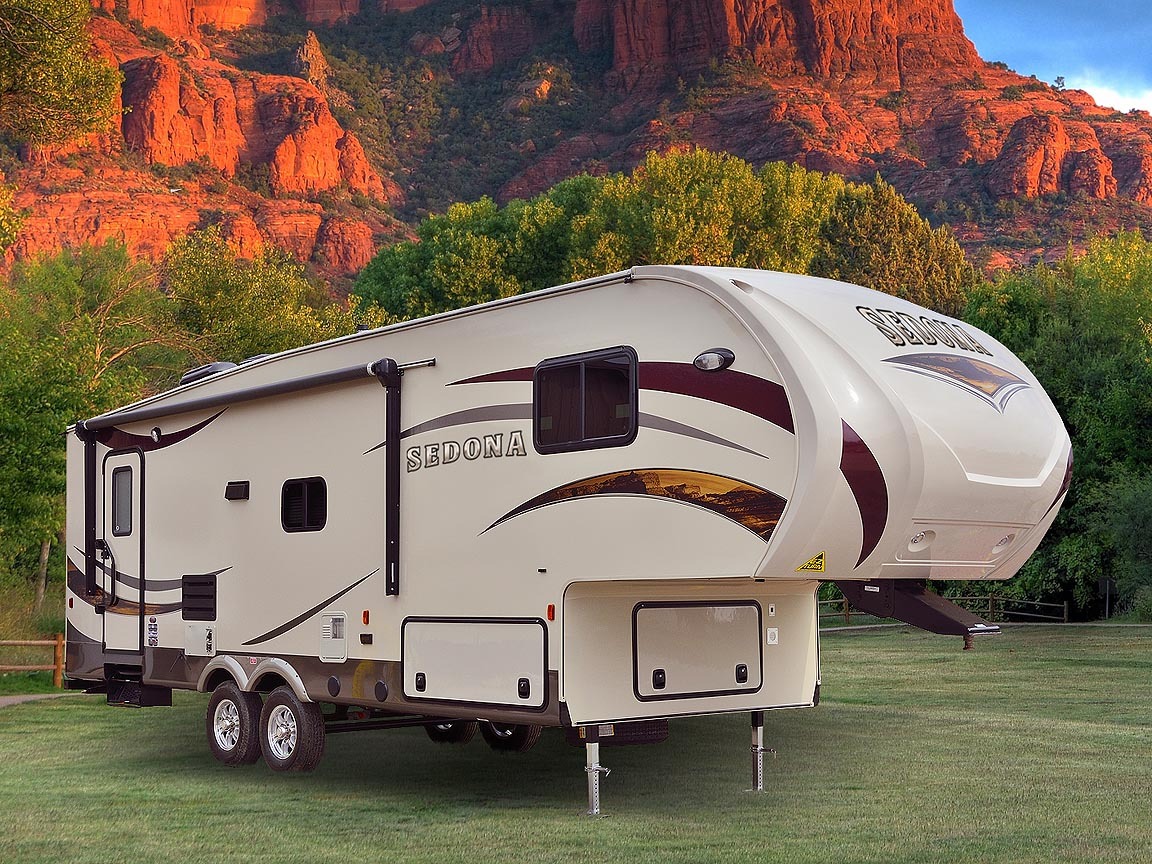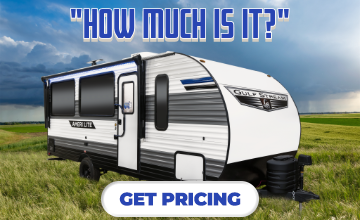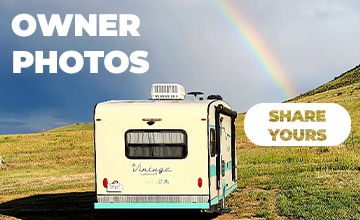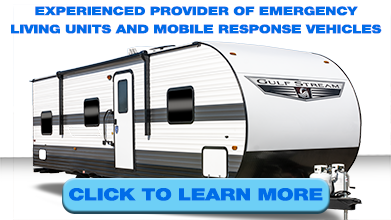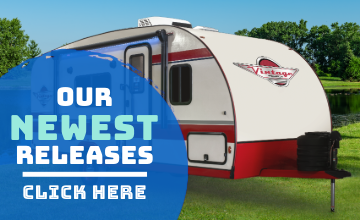WiFi When Camping
(Back to Table of Contents)
Staying connected to the digital world while you are camping can provide essential information, endless entertainment, and useful communication to friends and family. Access to the Internet is so important that virtually all commercial campgrounds offer WiFi as an amenity. In the real world, the quality of the WiFi signal offered by campgrounds varies widely, from properties with multiple antennas and wide bandwidth, to campgrounds offering a single overloaded signal with limited range. If you want to avoid some of the frustrations and improve your chances of getting a good, reliable connection, you might want to consider these enhancements and alternatives.
1. Use your mobile phone hotspot
Your Internet-enabled phone can use its cell network to make a wireless connection to the Internet. Make sure your phone is set up to receive and send data (not just voice calls). This may mean adding ‘data’ to your cell phone plan, and may incur additional charges based on the duration and speed of your connection. That’s why you will want to contact your cell service provider before your trip to check the alternatives and get their hands-on advice for setting up a hotspot on your phone.
Turn on your computer, tablet, or other WiFi-enabled device and look for your phone’s hotspot listed on the screen where you normally find your network connections. Select the hotspot and your computer or tablet will connect to the Internet. It’s just that simple!
Using your phone hotspot is one of the easiest and most direct ways to improve Internet access in the campground. Of course your phone must be receiving an adequate cellular signal to be used as a hotspot - No or weak cell signal? Your Internet connection may not be reliable either.
2. Use a WiFi extender
A WiFi extender has an antenna to receive an available WiFi network signal, then rebroadcasts that signal so it can be used by nearby devices. In an RV, the antenna for the extender is typically mounted on the roof, where reception is likely to be somewhat better than inside the trailer. A popular brand of roof-mounted TV antennas includes a WiFi antenna to capture the existing signal and rebroadcast it to your travel trailer interior.
Using a WiFi extender depends upon the existence of a WiFi network that can be extended. That puts your Internet access at the mercy of the campground, where the signal may be slow or congested by other users.
3. Get a Portable WiFi Router
This device connects to the cellular network for Internet access, using either an internal or external antenna. It then offers a private local WiFi network to your devices. It’s much like the hotspot provided by your phone, but it liberates your phone from hotspot duty. Some portable routers can detect and use a local WiFi network in place of or in addition to the cellular system, rebroadcasting that network like a WiFi extender.
The portable router uses a SIM card and a separately purchased monthly data plan - In some situations, it would make sense to choose a provider for your WiFi router that is different from your phone service provider, giving you an alternative if either service provider doesn’t have coverage where you set up camp.
4. Use Satellite WiFi
This approach uses a signal broadcast from an orbiting satellite and received by a specialized antenna mounted on or near your travel trailer. This is a rapidly growing source of Internet connections, but is still has gaps and weaknesses in its coverage. Quality of the signal depends on correct alignment with the satellite(s) offering coverage in your area.
The setup for satellite WiFi is somewhat more complicated than other approaches, equipment is relatively expensive, and data rates can be frustratingly slow, so it may be wise to postpone any commitment to Satellite WiFi until the technology matures a bit.
5. Buy an Internet USB
An Internet USB plugs into an available USB port on your laptop, then uses a small internal antenna to capture data from the cellular network so your laptop can get online. Essentially it takes your cell phone (or WiFi router) out of the connection equation. You’ll purchase a separate data plan for the USB device, with charges for access time and speed. Unlike other options, this solution doesn’t broadcast a WiFi signal, so it can only be used by the device it is plugged into.
6. Try the Campground’s Free WiFi
As one of the most important amenities requested by campers, good, reliable WiFi is at or near the top of investments being made by campground owners and managers. That means the likelihood of finding a top-quality WiFi signal at a campground is improving virtually every day. With this kind of momentum, it makes sense to give the campground system a try. It may be fully adequate for your needs.
While you’re planning your route and your campground stops, make sure the campground manager hears how important WiFi access is to your experience at his/her campground.
7. Pay a Visit to Starbucks
Starbucks locations are just one example of the myriad of retailers offering reliable, high-speed internet access to customers. When other technologies simply aren’t working, due to coverage, equipment, or online congestion, it may make sense to hop in your tow vehicle and visit the nearest town where you are likely to find stores and restaurants offering many options for the Internet access you need.
A word about online security
Unfortunately, any shared network or Internet connection opens up the possibility that your Internet usage can be seen by others, and what they see can be used to compromise your security, financial data, and other personal information. That means that any use of a public or shared Internet connection should take that possibility into account, and any potentially sensitive information should not be shared online. There are ways to avoid the consequences of using unsecured networks, by using a "Virtual Private Network," or VPN. VPN's are available from many companies, offering varying prices and services.

